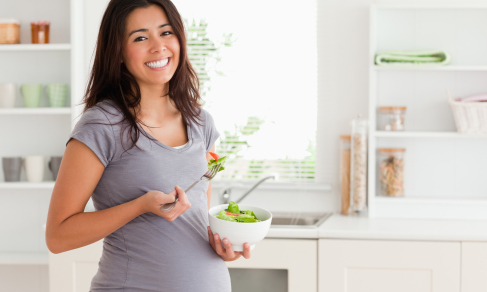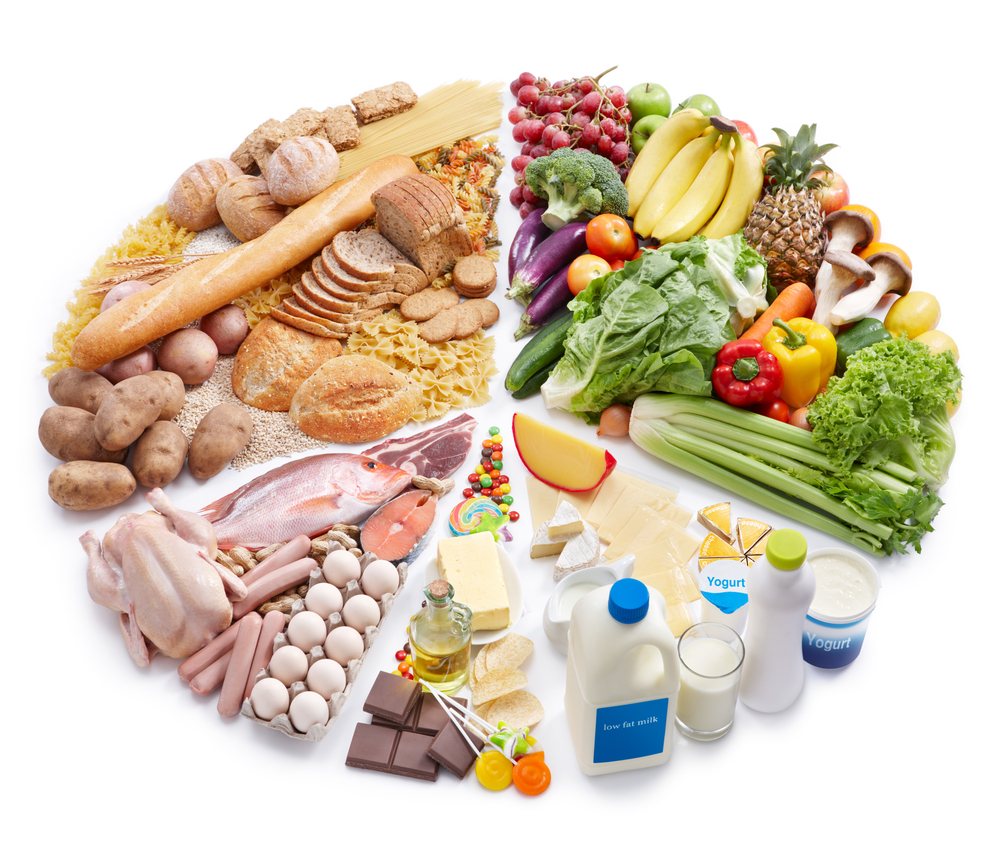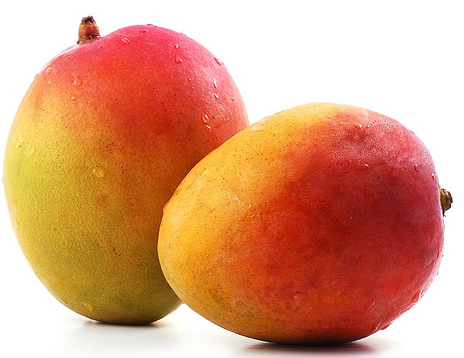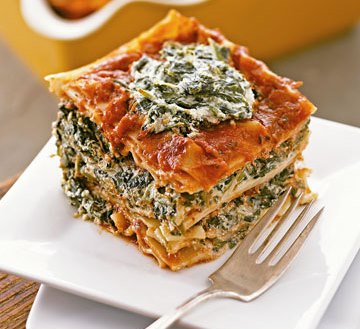Last menstrual period date:
A healthy diet is important at any stage of life but during pregnancy, it is vital as the foods you eat can directly affect your developing baby. If you are a committed vegan or vegetarian, there is no reason you cannot meet your nutritional needs on your regular diet. It will require a bit more effort and planning, but it can certainly be accomplished. Vegetarian diet during pregnancy is really possible.

The first thing to remember is that if you follow a healthy diet, you are the one to benefit. The baby does not take its nutrition from your food but from your body reserves. If you don’t get enough calcium in your diet, your baby will still have good bones – but you’ll have serious dental problems as your body will strip calcium from your teeth to put toward the higher priority of building baby bones. If, however, you eat something that is contaminated or diseased, your baby will be impacted directly as many diseases do cross the placental barrier and the baby has no functioning immune system of which to speak.
Step One: Make sure you are eating a varied and balanced diet. You need everything: proteins, carbs, fats, vitamins, minerals, the lot. By eating a variety of sources, you ensure your body is getting all the nutrients it needs in a format it can process.
Step Two: Make sure you’re getting enough iron and B12. Iron and B12 are mostly found in meat and fish, but there are some vegetarian sources: dried fruits (such as apricots), dark green leafies, whole grain breads and cereals, fortified grain products (such as breakfast cereal), eggs (if you’re ovo-vegetarian), milk and cheese, fortified soya drinks, and yeast extract (ever try Marmite?). If you’re finding it hard to choke the Marmite down, you may want to consider a supplement.
Note: some sources suggest taking a vitamin D supplement. The information on this is contradictory, as the human body generates its own vitamin D when exposed to sunlight and there are some risks associated with overdosing vitamin D. This is a matter you need to take up with your attending physician or ob/gyn.
Step Three: Calcium – and not just calcium, but also magnesium and phosphorus. They’re all needed together as they must form a balance. Too much calcium in your blood means your body will leach magnesium and phosphorus from your ones and neural tissues to balance it off. Good sources of calcium include fortified soya, rice, and oat drinks; tofu set with calcium; sesame seeds and tahini; whole grain bread; dried fruit; dark green leafies; and, for pesco-vegetarians, canned fish with the bones, such as sardines and salmon.
Step Four: Protein. Protein is vital to a healthy pregnancy. Good sources of protein include egg and dairy (for lacto- and/or ovo- vegetarians); fish (for pescovegetarians); legumes; quinoa; tofu; edamame; and hemp seeds.
Step Five: Watch the fat! Unfortunately, many of the top vegetarian protein sources also come with a heavy price tag of fat calories. Make sure you are tracking your intake to avoid a nasty surprise at your weekly weigh-in. When it comes to losing that excess pregnancy weight, it doesn’t matter if it was gained with a healthy diet or a junk food diet; it’s going to take the same amount of effort to get rid of it.
Self-protection is just as important for vegetarians as it is for non-vegetarians. You can still catch food poisoning even if you’re vegan. Avoid coming into contact with soft, runny cheeses such as Brie and Camembert, or veiny blue or green cheeses such as Roquefort or Danish Bleu. They could be contaminated with Listeria, which could cause miscarriage, stillbirth, or seriously neonatal illness. Do not eat pâté and this includes the vegetarian variety, as it, too, could be home to Listeria. (Seriously, the stuff seems to get into everything, doesn’t it?). Avoid anything with raw eggs, as that could leave you vulnerable to Salmonella.
Always consult your attending physician if you are unsure about something in your vegetarian diet and be open to suggestion if your physician feels it is in the best interest of your pregnancy to introduce food of animal origin. Not everybody can metabolize plant-based iron, for example, and when it comes to pregnancy, sometimes personal ethics need to take a back seat for the time being.
My content




